The negotiations for a legally binding global treaty on plastic pollution inched closer to their final phase as representatives gathered in Ottawa, Canada, for the fourth and penultimate session of the Intergovernmental Negotiating Committee (INC-4). These talks and the treaty reflect a global consensus to tackle the plastic waste contaminating our oceans, food chains and ecosystems. “There is a remarkable and very sustained alignment within global civil society and the scientific community about what is needed to deliver on the mandate for these negotiations,” says Carroll Muffett, president and chief executive officer of the Center for International Environmental Law. “I think that is really encouraging, especially when you take into account the diversity of global civil society and the enormous array of perspectives on the plastic crisis.”
The stakes were high as delegates grappled with issues such as reducing plastic production and consumption, sustainable product design, and addressing toxicity and chemicals. Reconciling divergent national interests, economic considerations, and environmental concerns between nations and across public and private sectors has made for a narrow and treacherous path for the treaty, which is due to be finalised this year.
Consensus and conflict
Environmental non-government organisations (NGOs) and activists entered the negotiations with three primary goals: pushing for globally enforceable extended producer responsibility (EPR) laws, ensuring a just and equitable transition, and achieving an overall reduction in plastic production.
EPR was one area where activists and industry found common ground. “EPR systems that are implemented and enforced with clear legislation create a business incentive to gain access to waste streams, and invest in collection, sorting and recycling facilities,” said Martin Jung, president of BASF’s Performance Materials division. “For businesses, plastic waste is a valuable asset that we want to keep in the loop and stop from becoming pollution; there’s a big chance for success by harnessing the power of the economy.”
The call to curb plastic production, on the other hand, is proving to be among the more contested issues. As talks concluded in Ottawa, no agreement had been reached on whether the treaty should strive to reduce the US$712bn plastic production industry.
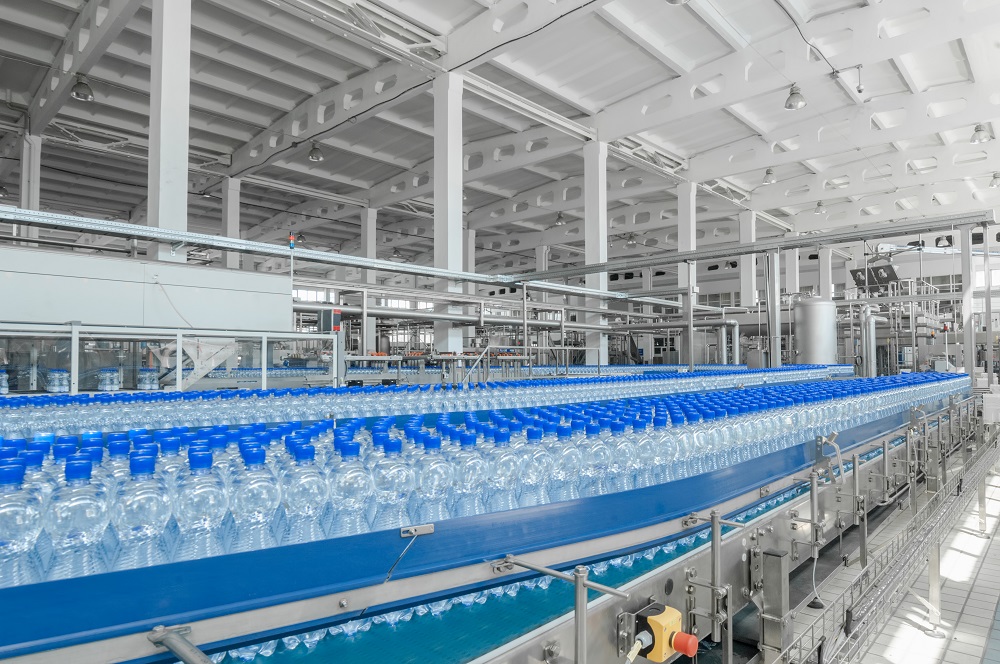
A proposal from Peru and Rwanda to formally address curbing plastic production garnered support from 29 countries, including Australia, Denmark, Nigeria, Portugal and the Netherlands, who signed the “Bridge to Busan” declaration calling for this to be central in the treaty negotiations before the INC-5 talks in Busan. However, the UK and the US did not back the proposal, leaving no consensus on making it a focal point of the treaty process.
Some business representatives warn that focusing on plastic production diverts attention from the problem of pollution and the need to improve material recovery and recycling, and reject calls to include provisions on chemicals in the treaty. “Since chemicals are already regulated by regional legislation and global frameworks like the Basel Convention, it makes more sense for a plastics treaty to focus on plastic pollution itself rather than creating another layer of regulation on chemicals,” according to Mr Jung. Instead, they pointed to the Global Framework on Chemicals adopted in Bonn in September 2023 as a positive step towards addressing the chemical life cycle.
The road to Busan
Frustrations mounted among some environmental activists and NGOs as some delegates accused countries of wasting time two years after the historic agreement to forge ahead with the treaty. “We’re not where we need to be in these talks. The two-year timeline is very ambitious, and we’re going into INC-5, the last round of negotiations, with many key issues unresolved,” says Mr Muffett.
In recognition of the looming deadline, countries agreed to conduct formal inter-sessional work in the lead-up to INC-5. This will be pivotal in finding solutions for harmful and avoidable plastic products and chemicals, product design for reuse and recyclability, and analysing the financial package needed to implement the treaty. “Financing is the key concern in many regions that don’t have the technology or infrastructure to support waste management, and it is helpful that inter-sessional work will be dedicated to this issue,” said Mr Jung.
However, this formal work will not include measures related to reducing plastic production and consumption; these will have to be discussed in informal contexts, making the future of the production question uncertain despite some insisting that it must be a priority in the final session. “Many countries are committed to inter-sessional work on production, and it is clear that the need to address plastic production is going to be a key element of debate when we move into INC-5,” says Mr Muffett.
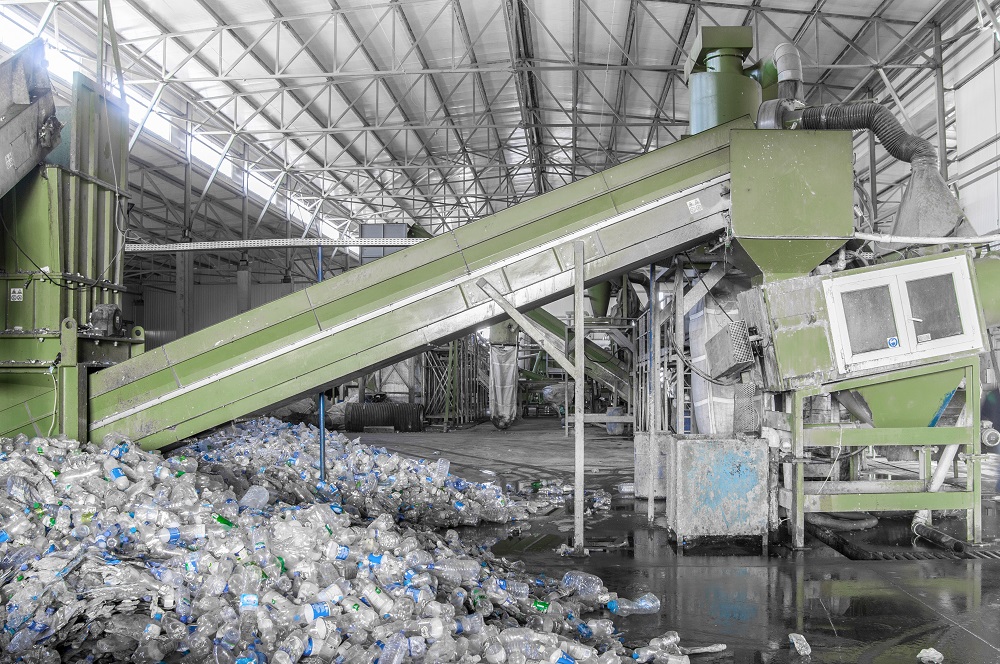
Another hurdle is the disagreement over the treaty’s core decision-making procedures. While consensus is ideal in international agreements, it is not always attainable. Thus, many UN processes provide a voting mechanism when consensus cannot be reached, allowing contentious issues to be addressed based on a majority stance. Dozens of countries have demanded such a voting mechanism in the plastics treaty, but some have resisted this provision. “It is impossible to get things off the table when countries insist every issue be resolved by consensus, as it empowers the most obstructionist countries to insist on their positions,” says Mr Muffett. “If we still want to see a strong treaty after INC-5, countries that say they respect and support the right to vote will have to prepare to defend that position in Busan.”
With INC-5 intended as the final phase of negotiations, many are conflicted over whether it will be possible to meet the December deadline. Mr Jung was optimistic. “As long as we maintain a feeling of urgency about the need to address plastic pollution, there’s a good chance that we will find a final agreement by the deadline,” he said. “Proper dialogue and collaboration with industry is needed to finish this highly complex work, and we’re ready to provide our technical expertise when needed.”
A key question for some participants is whether to prioritise the timeline above all else. “If the negotiations need to go beyond Busan to deliver on that mandate, then that is the wiser choice of action,” says Mr Muffett. “The worst case is to adopt an inadequate treaty to meet the timeline, and then find that 30 years later, we’re still having these meetings and wondering why things just keep getting worse.”
As the world watches, the final outcome of the INC talks could mark a turning point in the global effort to curb plastic pollution, paving the way for a more circular and responsible approach to managing the plastics crisis—or a rush to meet the deadline could result in an insufficiently ambitious treaty and limit progress. The decisions made in South Korea will have far-reaching implications for the health of our planet and the ocean.
EXPLORE MORE CONTENT ABOUT THE OCEAN
Back to Blue is an initiative of Economist Impact and The Nippon Foundation
Back to Blue explores evidence-based approaches and solutions to the pressing issues faced by the ocean, to restoring ocean health and promoting sustainability. Sign up to our monthly Back to Blue newsletter to keep updated with the latest news, research and events from Back to Blue and Economist Impact.
The Economist Group is a global organisation and operates a strict privacy policy around the world.
Please see our privacy policy here.
THANK YOU
Thank you for your interest in Back to Blue, please feel free to explore our content.
CONTACT THE BACK TO BLUE TEAM
If you would like to co-design the Back to Blue roadmap or have feedback on content, events, editorial or media-related feedback, please fill out the form below. Thank you.
The Economist Group is a global organisation and operates a strict privacy policy around the world.
Please see our privacy policy here.




 World Ocean Summit & Expo
2025
World Ocean Summit & Expo
2025 UNOC
UNOC Sewage and wastewater pollution 101
Sewage and wastewater pollution 101 Slowing
the chemical tide: safeguarding human and ocean health amid
chemical pollution
Slowing
the chemical tide: safeguarding human and ocean health amid
chemical pollution Hazardous chemicals in plastics - the discussions at INC
Hazardous chemicals in plastics - the discussions at INC






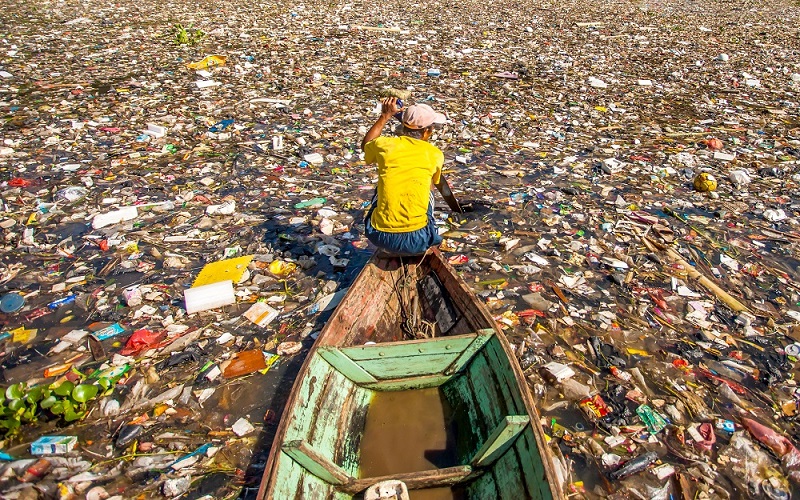




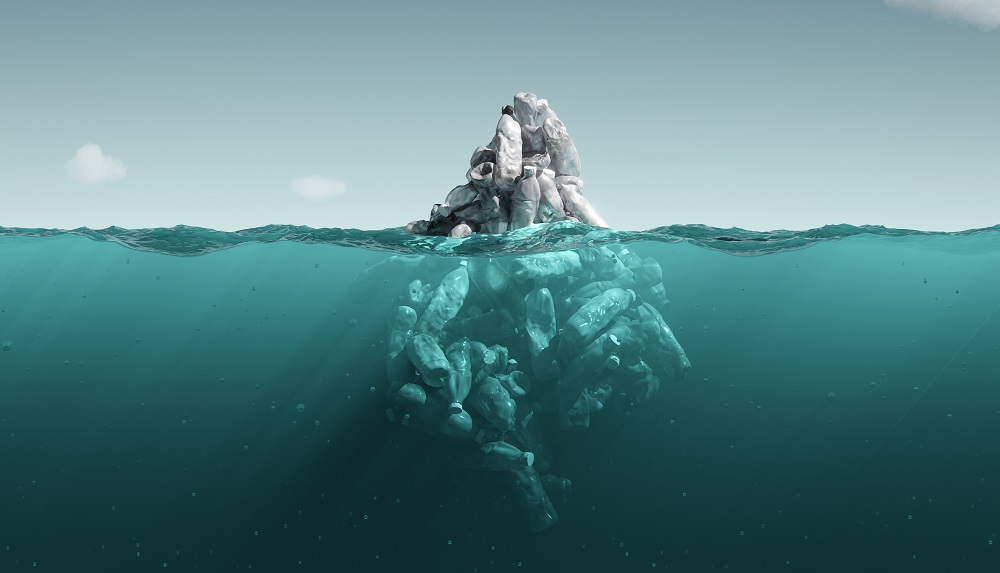
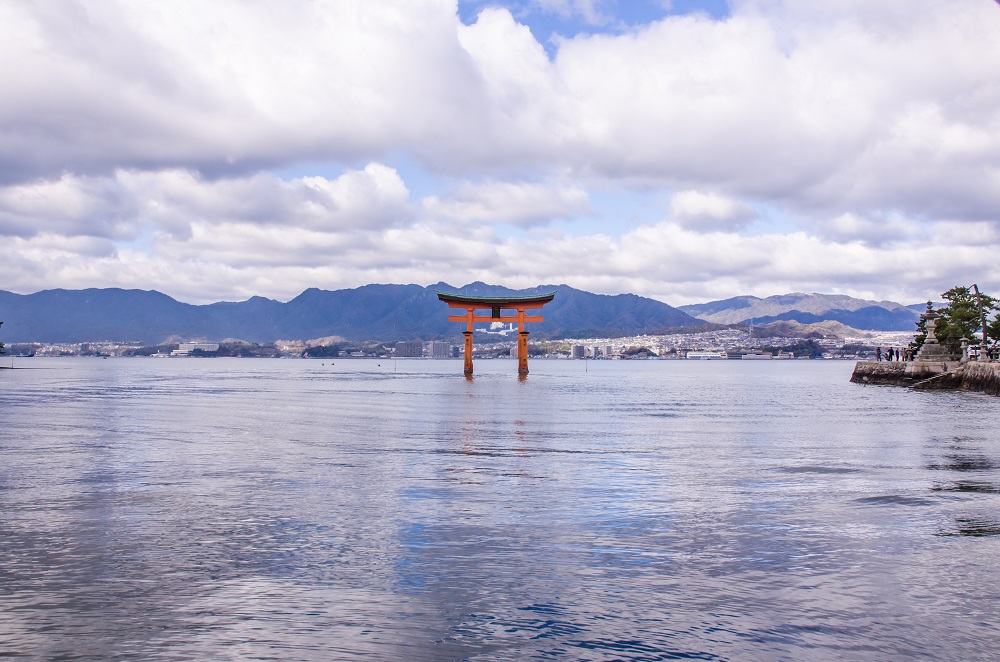
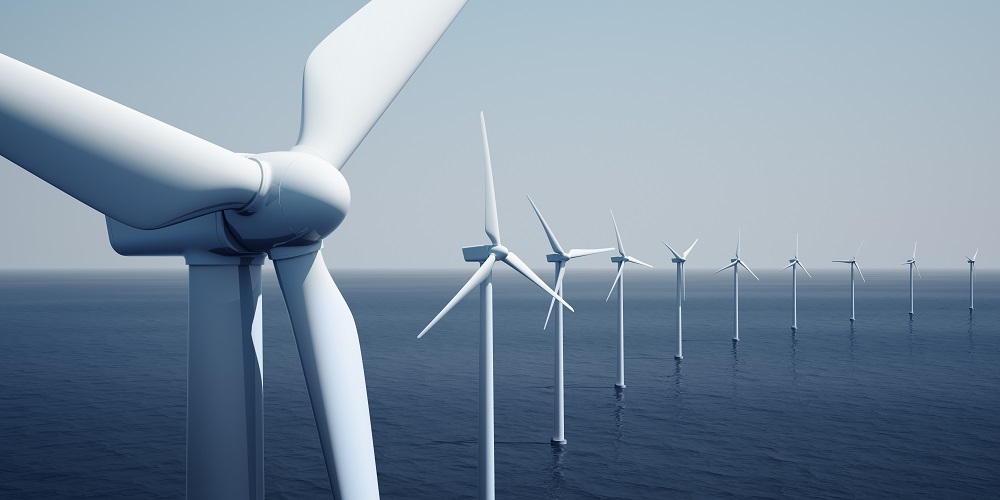

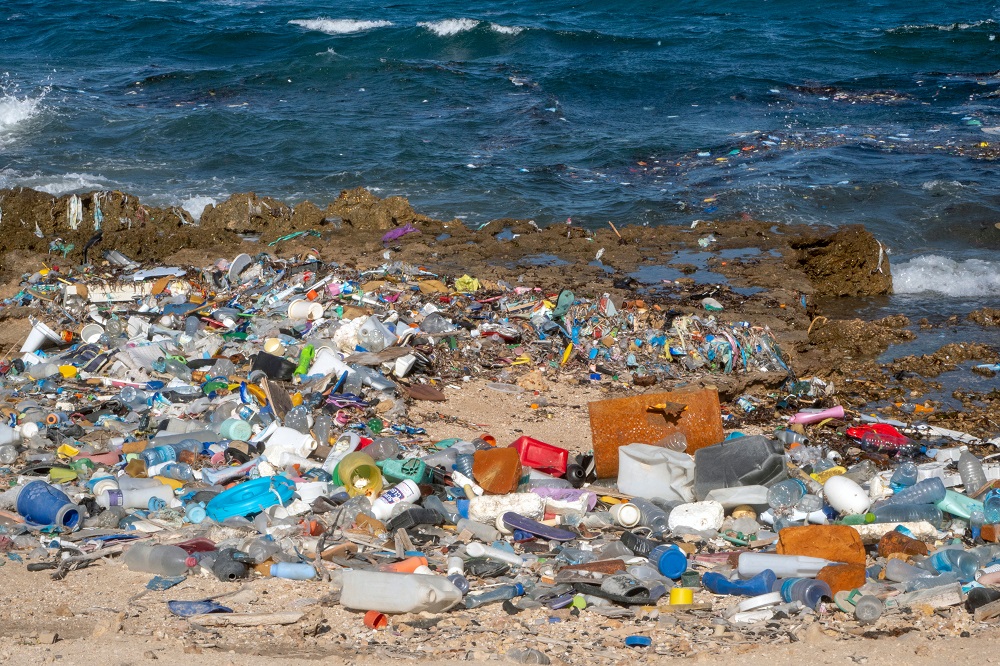
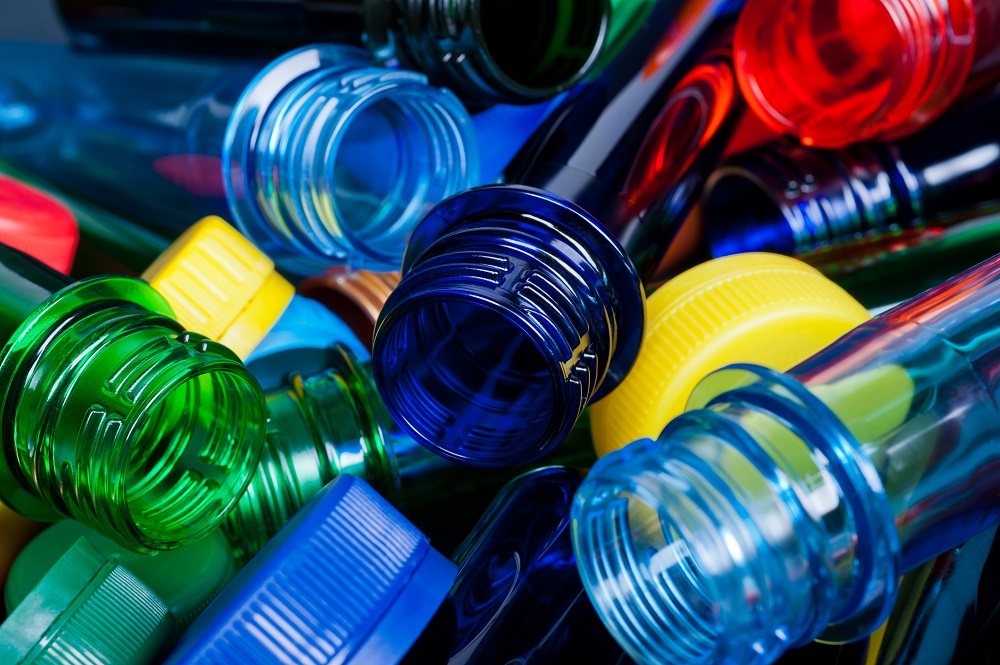
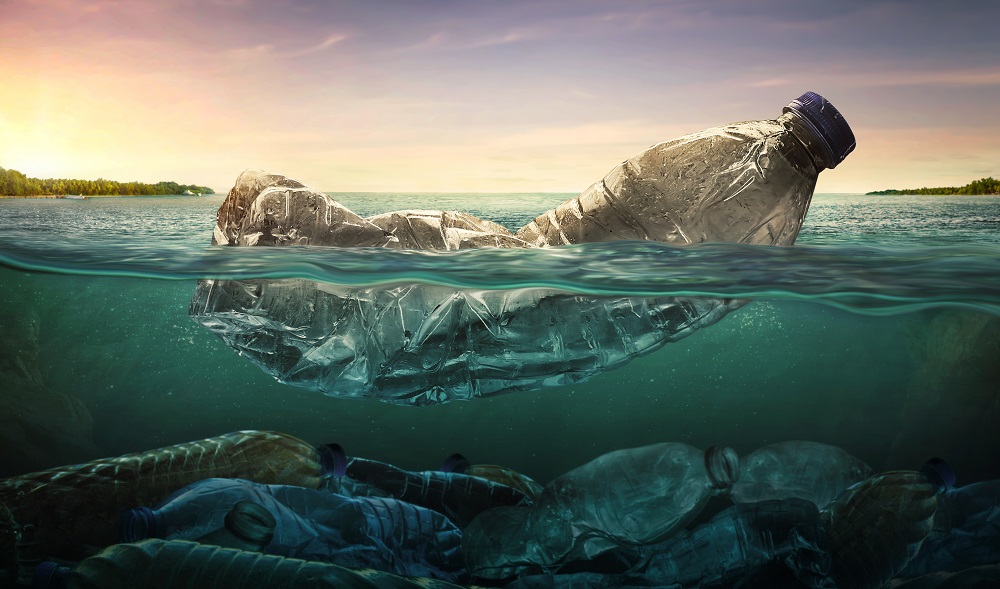
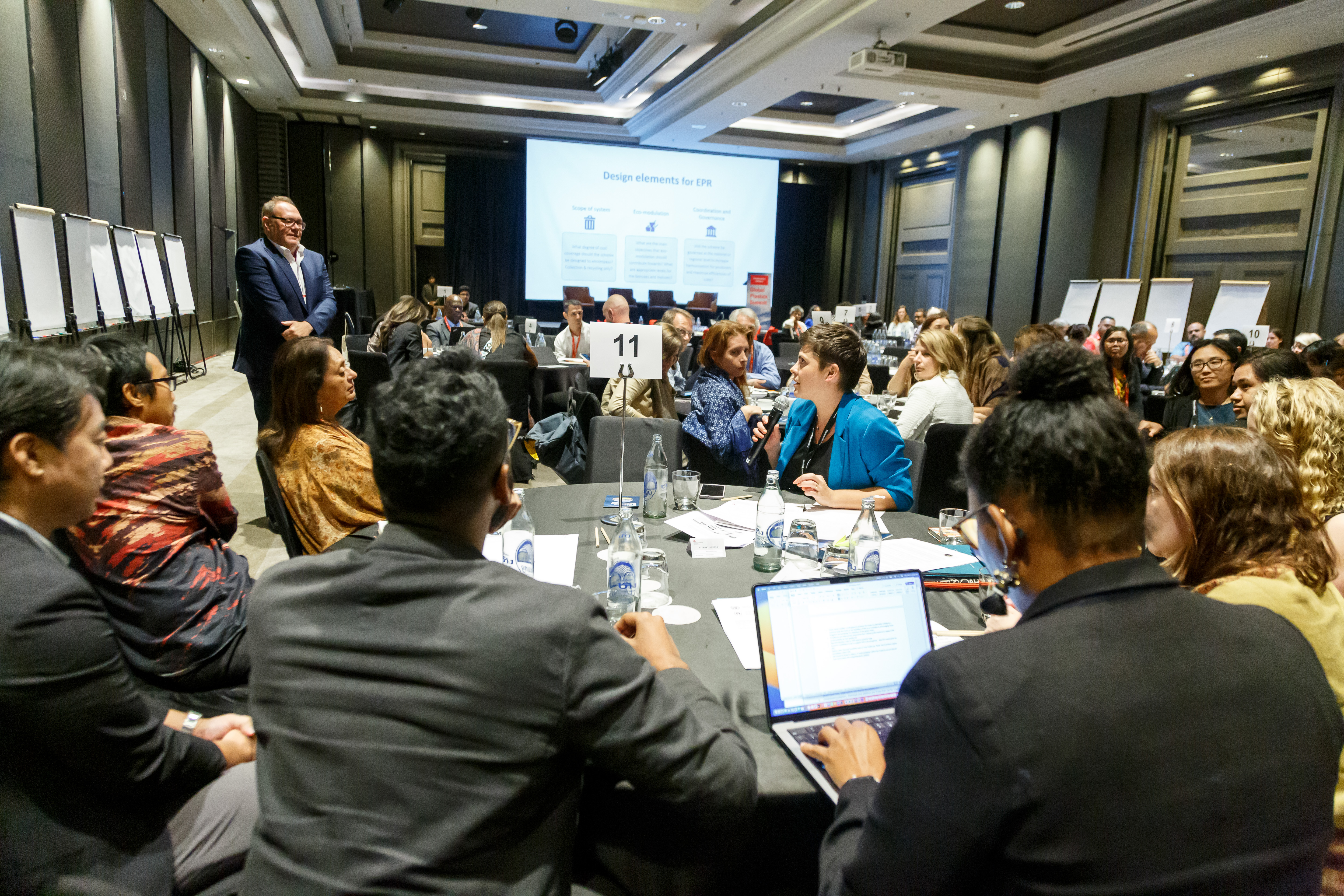
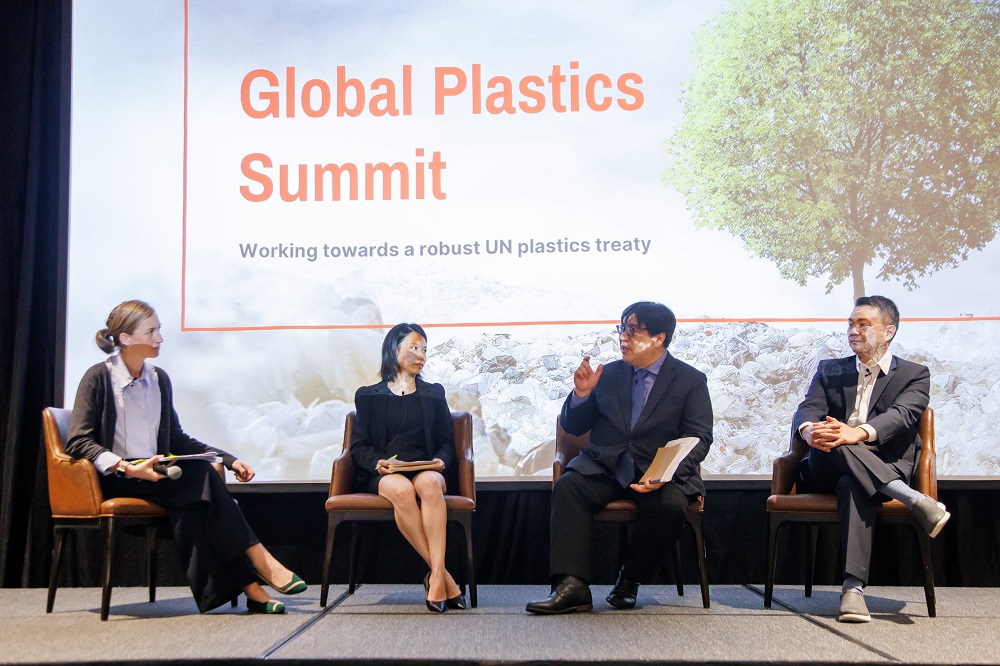
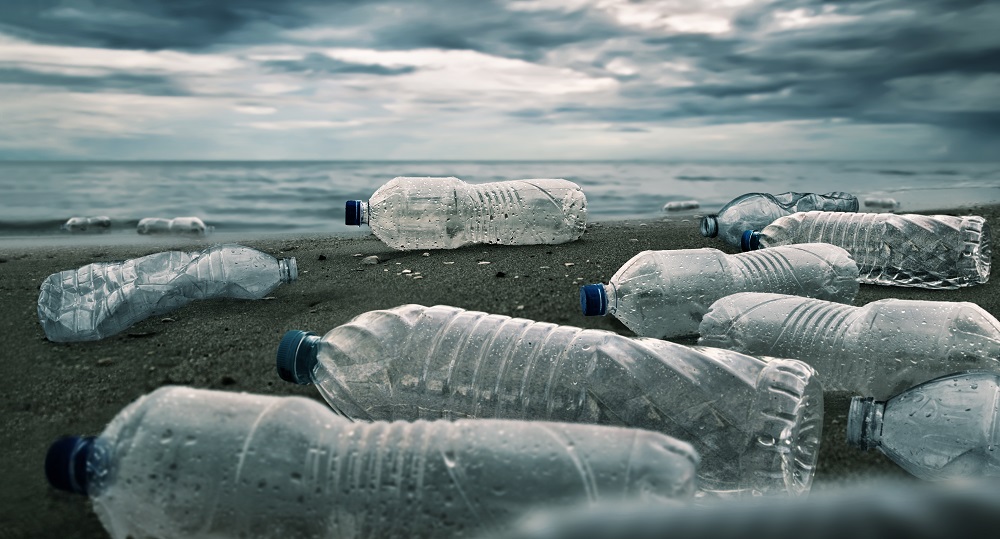

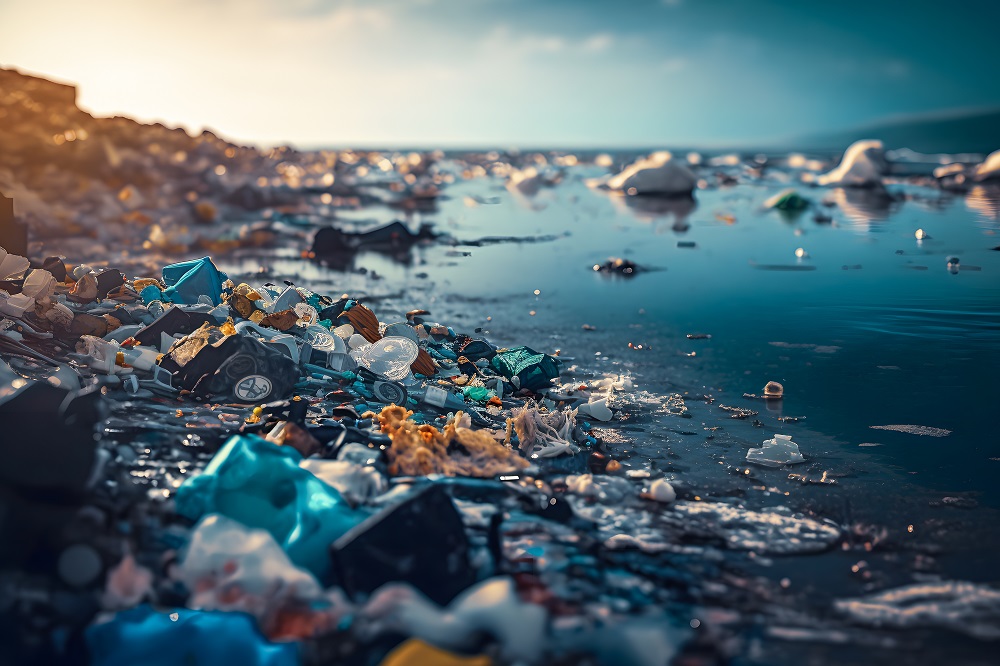
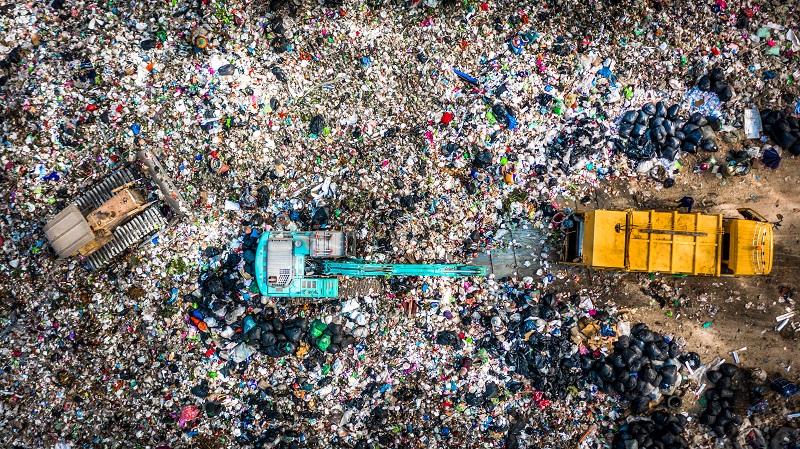
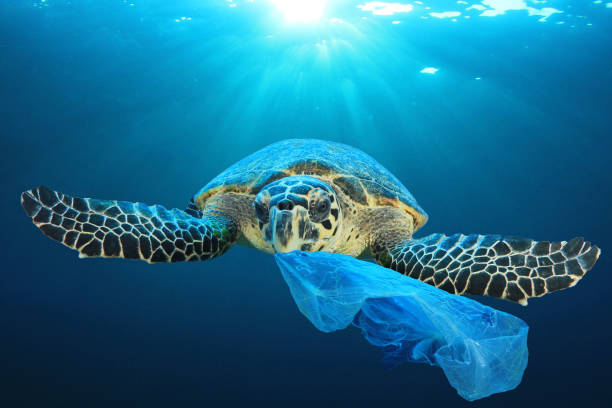
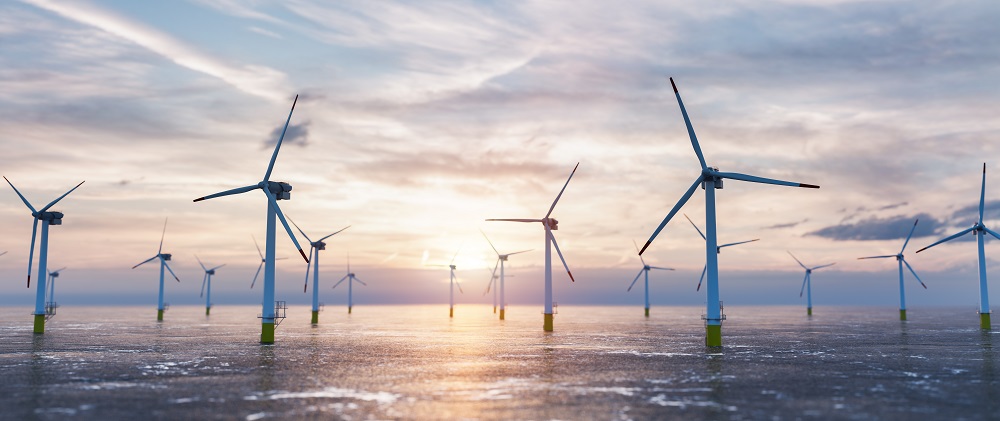 Affiliated contentWhy Offshore Wind Needs Looking After
Affiliated contentWhy Offshore Wind Needs Looking After